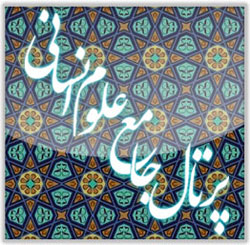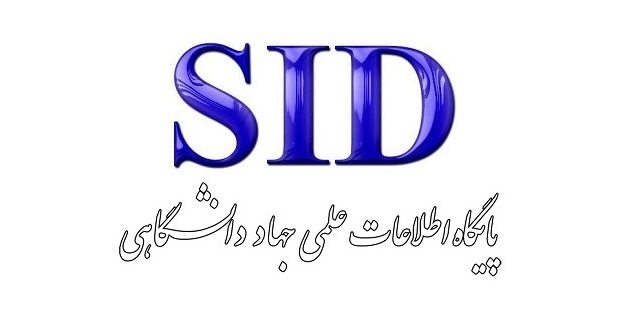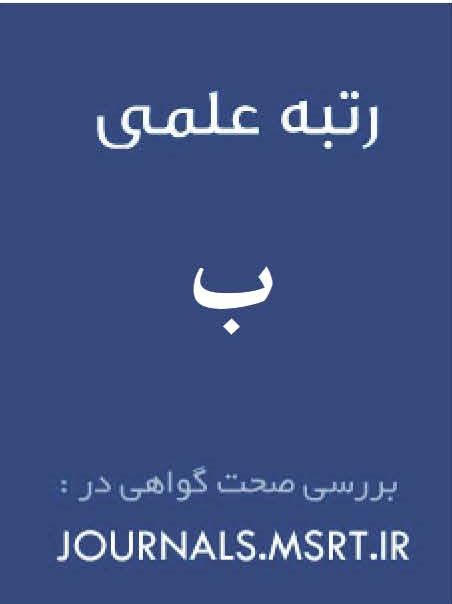بررسی و مقایسه ابعاد و مؤلفههای تزکیه نفس و تربیت انسان در دیوان غزلیات شمس مولانا جلالالدین محمد بلخی با آرای امام محمد غزالی، ابن عربی و ملا احمد نراقی
کلمات کلیدی:
مولانا جلالالدین بلخی, دیوان شمس, تزکیه نفس, تربیت انسان, عشق الهی, امام محمد غزالی, ابن عربی, ملا احمد نراقی, عرفان اسلامی, اخلاق عرفانی, سلوک معنوی, شناخت شهودی, وحدت وجود, تهذیب اخلاقی, مطالعات تطبیقیچکیده
در این پژوهش، تلاش شده است تا با رویکردی توصیفی-تحلیلی و مبتنی بر مطالعات تطبیقی، ابعاد و مؤلفههای تزکیه نفس و تربیت انسان در دیوان غزلیات شمس مولانا جلالالدین محمد بلخی، در تعامل و تقابل با دیدگاههای سه اندیشمند برجسته عرفان و اخلاق اسلامی، یعنی امام محمد غزالی، محیالدین ابن عربی و ملا احمد نراقی مورد بررسی و تحلیل قرار گیرد. هدف از این مطالعه، واکاوی بنیادهای نظری، روششناسیها و غایات تربیتی در منظومه فکری این متفکران با تمرکز ویژه بر نقش عشق الهی، شریعت، معرفت و اخلاق در فرآیند تزکیه نفس است. یافتههای پژوهش نشان میدهد که مولانا، برخلاف سایر متفکران مورد مطالعه، عشق الهی را نهتنها ابزار، بلکه بنیان و مقصد نهایی سلوک میداند و آن را عامل اصلی رهایی از نفس اماره و راهی برای رسیدن به معرفت شهودی و وحدت با حق میشمارد. در مقابل، غزالی بر تهذیب اخلاقی، پرهیزگاری و تبعیت از شریعت تأکید دارد و عشق را در چارچوب اخلاق دینی و عبودیت قرار میدهد. ابن عربی نیز با تکیه بر نظریه وحدت وجود، تزکیه نفس را فرایندی معرفتی و شهودی میداند که از طریق شناخت هستیشناسانه و تجربه وحدت با حق تحقق مییابد. نراقی، با رویکردی نظاممند و اخلاقمحور، به تهذیب نفس در بستر عقل، اراده و آموزههای دینی میپردازد و عشق را محصول تربیت صحیح معرفی میکند. تفاوت بنیادین دیدگاهها در اولویتدهی به عشق، عقل، شریعت یا شهود، تصویری چندوجهی از تربیت معنوی در عرفان اسلامی ترسیم میکند. این پژوهش ضمن ارائه تحلیلی تطبیقی، ظرفیتهای متنوع عرفانی و اخلاقی اسلام در تربیت انسان را روشن میسازد و افقهای جدیدی را برای پژوهشهای معنویتمحور در علوم انسانی فراهم میآورد.
دانلودها
مراجع
1. Motahhari M. Man and Faith. Tehran: Sadra Publications; 1982.
2. Ghazali M. The Revival of the Religious Sciences (Ihya’ Ulum al-Din). Tehran: Elmi va Farhangi Publications; 1998.
3. Ibn Arabi M. Fusus al-Hikam (The Bezels of Wisdom). Tehran: Mola Publications; 2005.
4. Naraqi MA. Mi’raj al-Sa’adah (The Ascension of Felicity). Tehran: Islami Publications; 2008.
5. Yazdi MR. An Analysis of the Concept of Tazkiyah (Spiritual Purification) in Islamic Mysticism. Islamic Mysticism and Spirituality Quarterly. 2014(9).
6. Zarrinkoub A. The Secret of the Reed: A Study on the Thoughts and Life of Molavi. Tehran: Amir Kabir Publications; 1998.
دانلود
چاپ شده
ارسال
بازنگری
پذیرش
شماره
نوع مقاله
مجوز
حق نشر 2024 Alireza Izadpanahi (Author); Maryam Parhezkari; Seyed Mahmoud Seyed Sadeghi (Author)

این پروژه تحت مجوز بین المللی Creative Commons Attribution-NonCommercial 4.0 می باشد.









